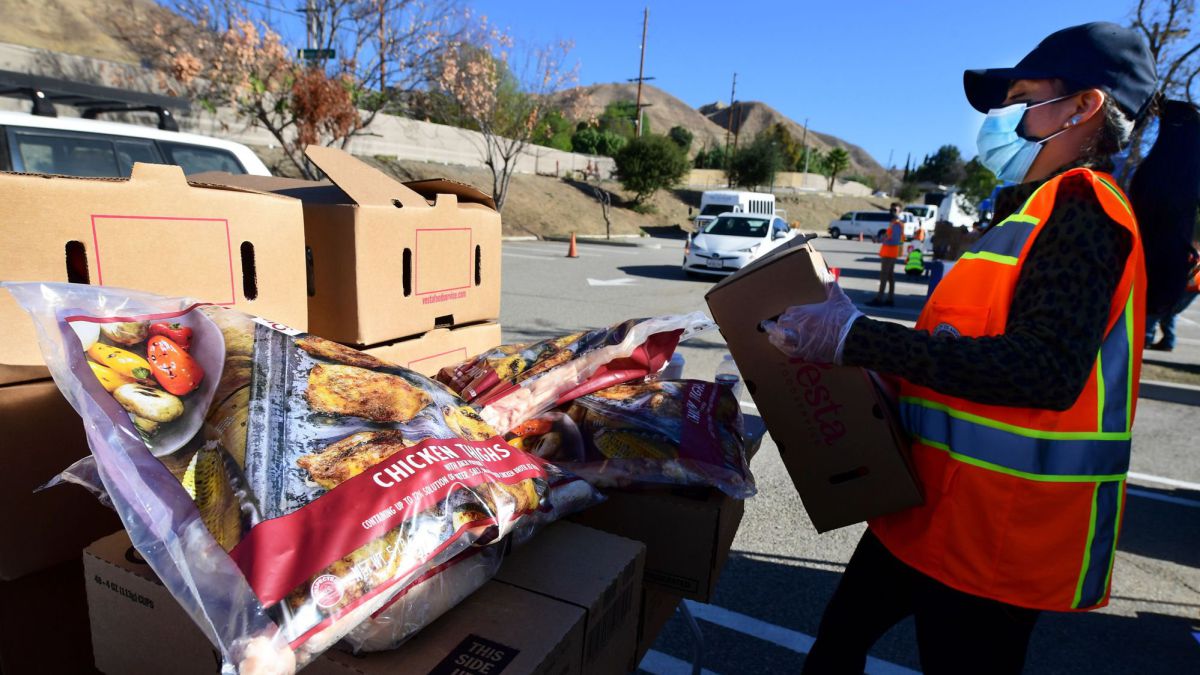

FAMILIES, ADVOCATES SAY MORE SNAP BENEFITS NEEDED Also, because of the pandemic, those recipients might be less able to travel to public libraries or to the offices of community partners for in-person help with the process. Older, less technologically savvy people, or those with limited internet access, are the SNAP recipients most likely to run into snags during the recertification process. “We see a lot of data that shows us that during recertification we lose a lot of families who really should be eligible.” Recertification, as Huddleston explained, is “in many ways just a bureaucratic red tape hurdle that people have to overcome.” Requiring families to once again face that hurdle could “trip up eligible families and get them kicked out of the program,” she said.

Reimposing the requirement that applicants “recertify” to remain eligible for assistance could further imperil individuals’ access to food stamps. Otherwise, mandatory work requirements during the pandemic doom many participants to failure despite their desire and best attempts to comply.” “At a minimum, before work requirement policies are reimposed, the state should look at the COVID-19 threat in a participant’s particular community as well as the unemployment rate of … and not just the overall unemployment rate. “With the unemployment rate for July on the rise again, it is unrealistic to impose work requirements on SNAP participants anytime soon,” said Cindy Huddleston, a senior policy analyst at the Florida Policy Institute, an independent research nonprofit. The state’s unemployment rate dropped in June but increased in July, reaching 11.3%, a higher rate than the national average.

Reimposing work requirements next month could derail Floridians who need food stamps but can’t find work, given the still far-from-recovered jobs landscape.


 0 kommentar(er)
0 kommentar(er)
